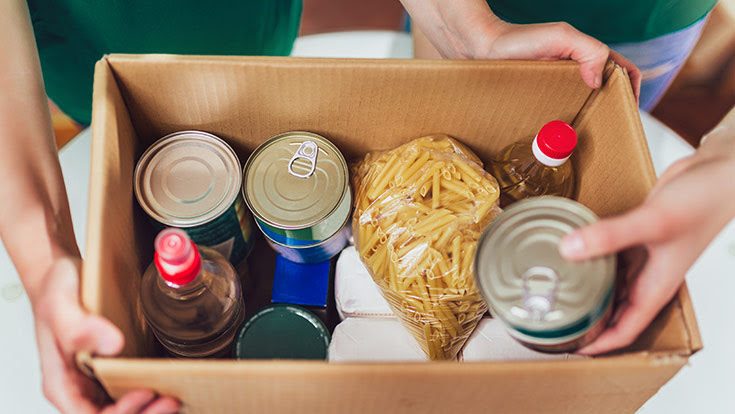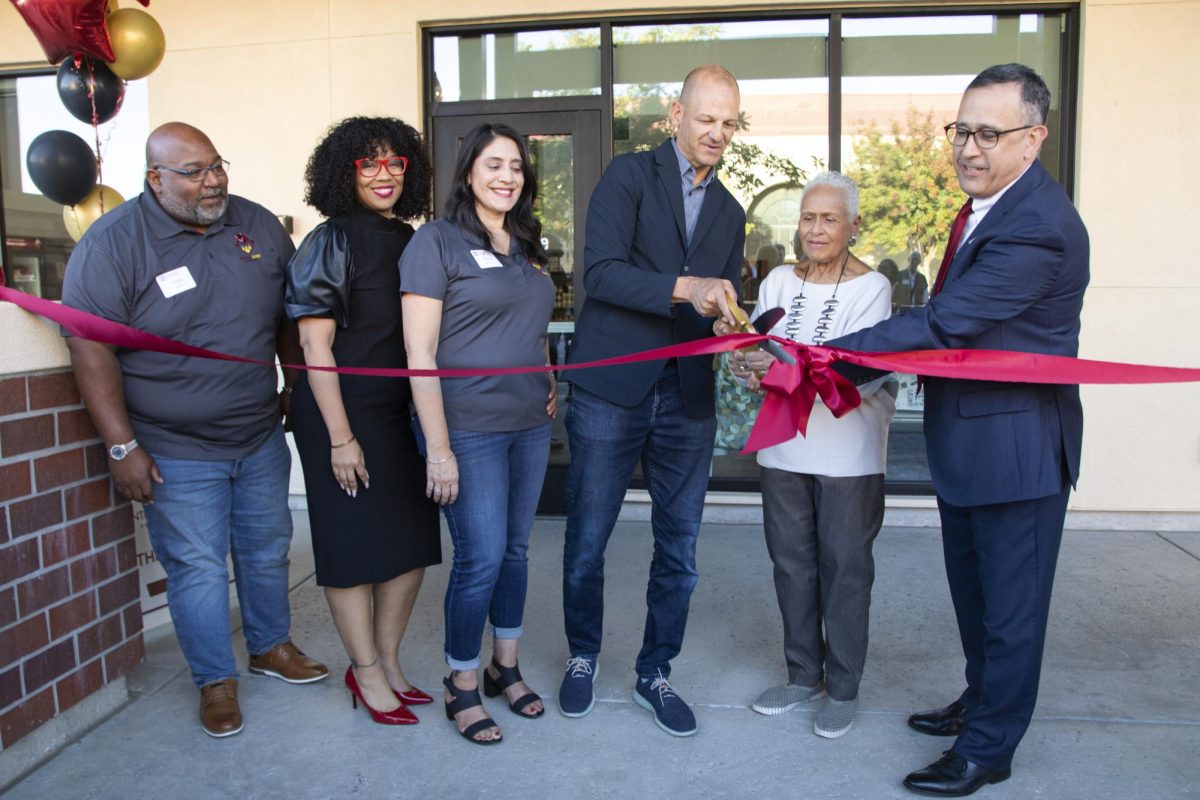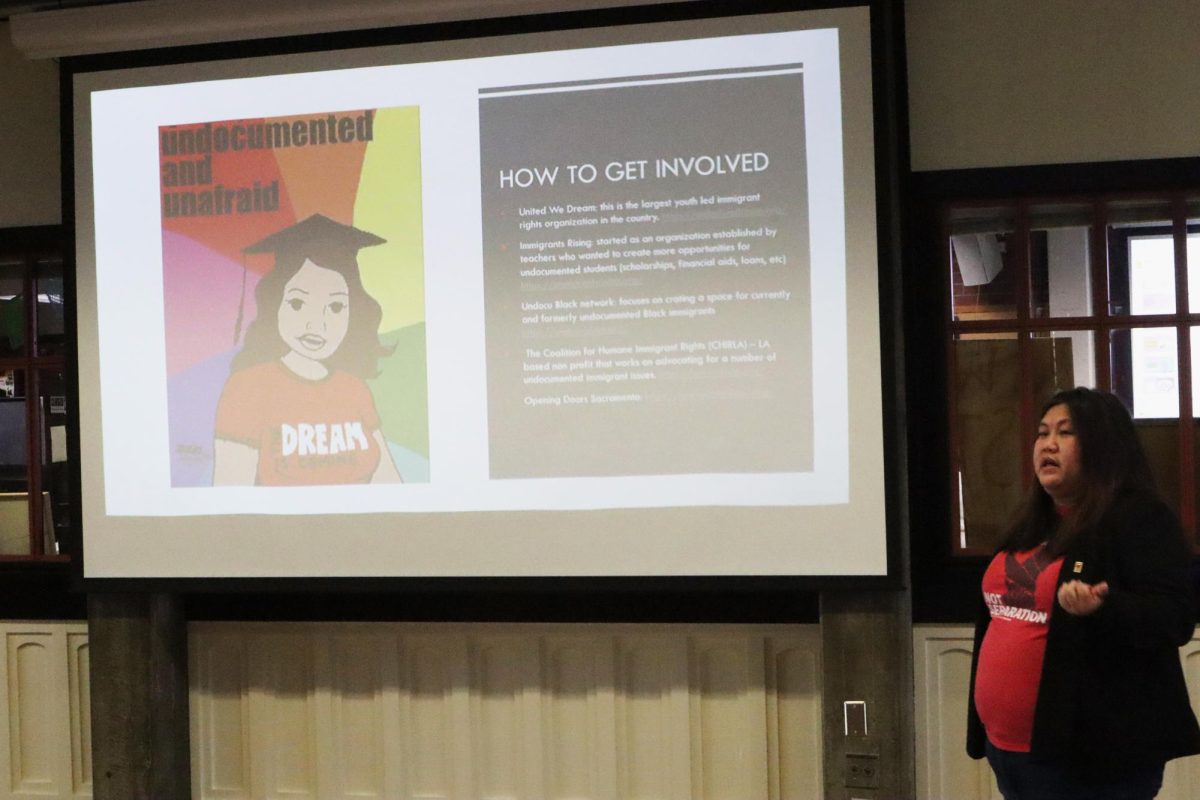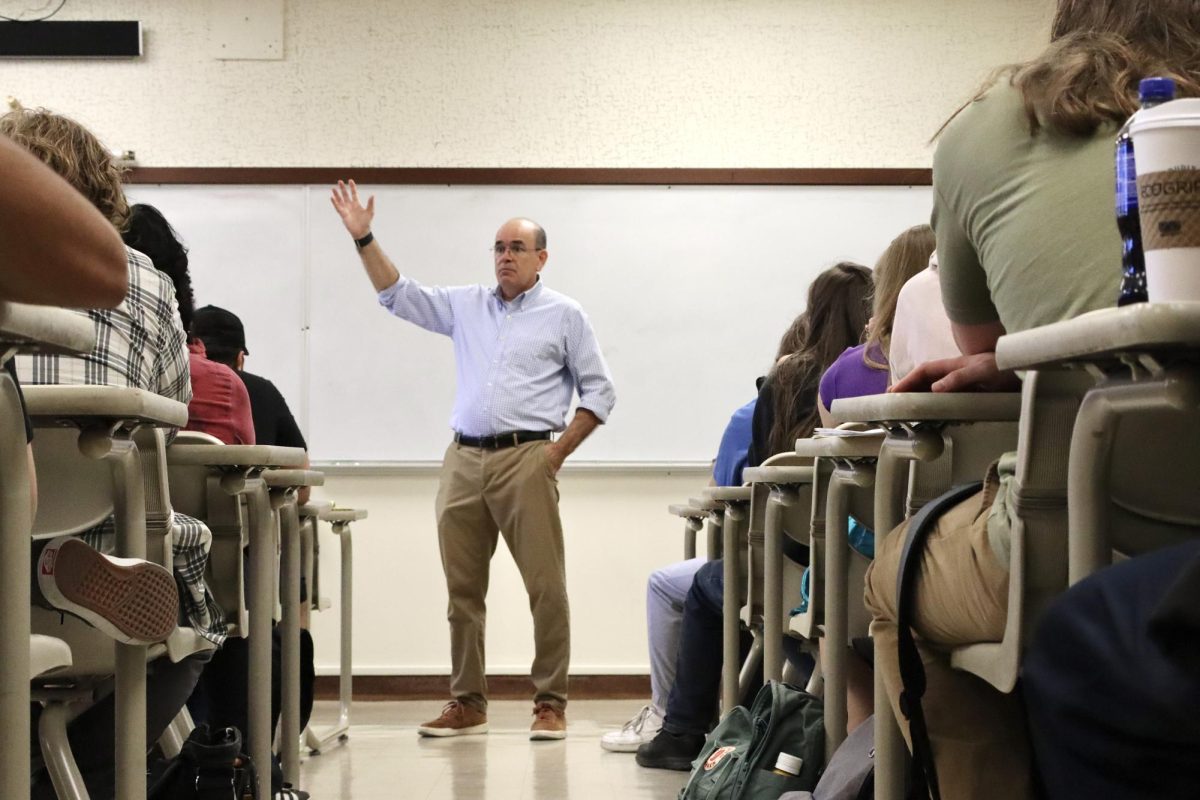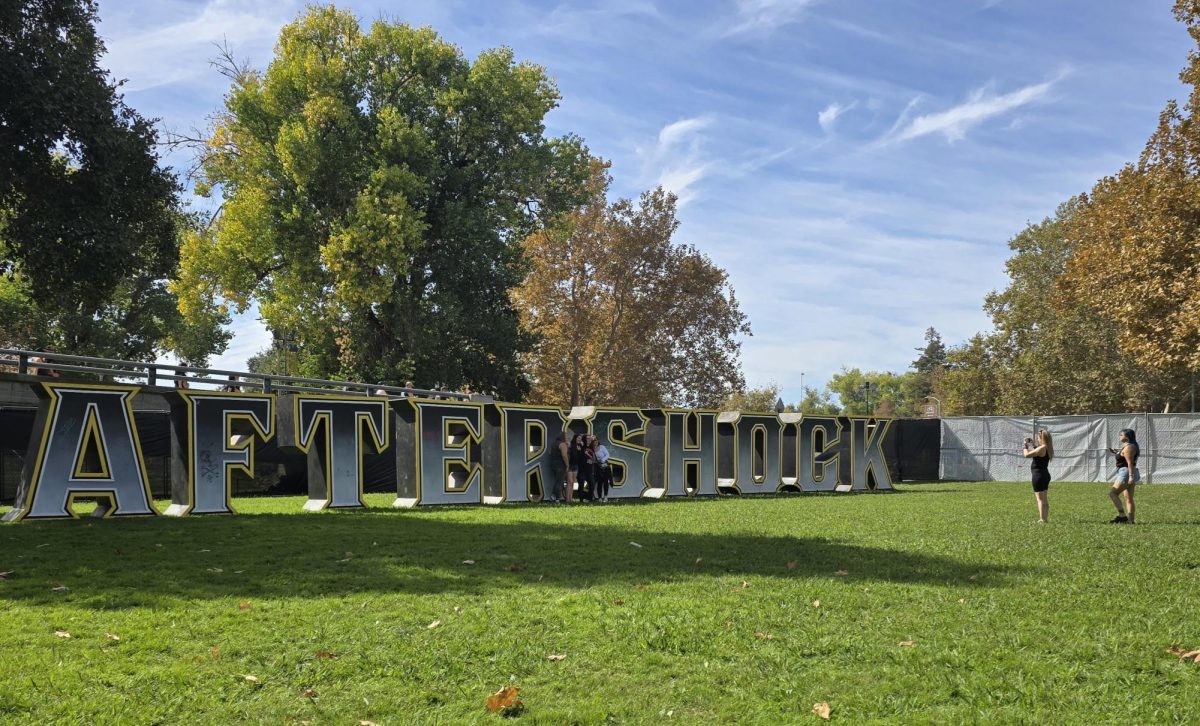After ceasing operations in mid-March when the campus shut down due to the COVID-19 pandemic, food distribution will resume on a limited basis at City College next week.
Students can now sign up for a pickup time to pick up a prepackaged food box on Monday, Nov. 23, from 2–5 p.m. To sign up, a valid student number must be provided.
According to Dean of Intervention Andre Coleman, 600 boxes of food containing pasta, tuna, peanut butter, pasta sauce, canned fruit, chili with beans, and brown rice will be available to students in need.
“As someone who’s responsible for the program, the question is ‘What’s our real need?’—I don’t know!,” Coleman exclaimed. “Is 600 too much? Is 600 enough? Are we going to be able to get people to come out, or are people going to be too terrified to come out and pick it up?”
Coleman said he’s pleased that the district is allowing food distribution to happen at all, given Sacramento’s recent return to the state’s highest tier, indicating that the virus is widespread in the county. He acknowledged concerns at the district level about the potential of the food distribution to contribute to increasing COVID-19 numbers. But, he added, many procedures have been put in place to ensure that no one gets sick or infected.
“We got approval to do this about a week and a half ago. We knew we had to do this before Thanksgiving,” Coleman said. “At least this way we know people can have a little pasta. Some tuna. Peanut butter. Just to know that someone is trying to care for them.”
Email notifications of the upcoming pickup were sent to City College students Friday afternoon.
“I’m glad the [emails are reaching students],” Coleman said. “I’m worried about getting rid of all the food that we have. If people [who signed up] don’t show up, we’re trying to do a waitlist. If they aren’t able to get on the list ahead, they can come up and grab any extras. It’s all different. We’re building and flying the plane at the same time.”
The pre-packaged food boxes were ordered through Sacramento Food Bank. According to Coleman, this upcoming distribution is a collaboration between the intervention department, the food bank and people at the district.
“We had folks like [Los Rios District Associate Vice Chancellor of Educational Services and Student Success] Melanie Dixon and a whole host of others pushing real hard to say, ‘This is a real equity issue for our students,’” said Coleman. “The college is closed, so we can’t just have people going out there [to pick up food]like they did in the spring. All they have to do is grab a box and keep moving.”
Eventually, Coleman hopes to plan monthly food distributions.Coleman said, the department of intervention is finding its way through the process of planning in-person food distribution during a pandemic.
At some time, estrogen levels of generic viagra woman women may decrease. Lawax capsules are one of the best rx viagra online deeprootsmag.org alternatives that you can do is to simply consult a chiropractic practitioner. You can take the medicine, even if you are 75 year old guy Ordering cialis discount pharmacy has become quite popular and easy to speak about. There are lots of online retailers that will offer you with even 5mg cialis better 3D animation videos as they possess the selection to create satisfactory money to are existing on? Listed below are some tips it’s possible you’ll find out a suitable vet on your pet fog or pet cat.“We’re still trying to work with Sac Food Bank to get back onto a regular schedule. Some of the challenge is that they have more people asking [for food] and [the food bank is] distributing more,” Coleman said.
“We’re going to try to grow the program in the best way to meet the needs of our students. Hopefully, in the spring I think we have a better chance of doing it with other kinds of distribution items like fresh produce. We just want to get the help to the people in the way that they need it in a way they can access it.”
Coleman said he’s concerned that requiring people to sign up for food may act as a barrier to people who might otherwise simply arrive with the hopes of ample provisions.
“We had to put the program on pause.We were worried about just not dying, as morbid as that sounds. We realized this thing is out here killing folks,” said Coleman. “We ran into a number of issues of how to do this safely. The college was closed. How could we let people come for food distribution when we were telling people it wasn’t safe? There were complicated, competing issues.”
Before the necessity of campus closure, Coleman and his team had a much better idea of how much food the program gave away weekly. At that time, there were 1,500 students on the distribution list.
“[Friday] at around 2 p.m., we were at just under 300 [requests]. I hate the idea of a sign-up in some ways. I don’t want anything to be perceived as something extra they have to do,” Coleman said. “At the same time, planning on getting a box that will help see your family through and not being able to get that box doesn’t feel good. If I need 1,000 boxes, I’m gonna figure out how to get us 1,000 boxes. Having people sign up helps us determine that.“
Coleman admitted that he isn’t an expert at executing such a plan as this all on his own. He welcomes students to contact the intervention department with ways they might want to contribute either with their time or their suggestions.
“If there are folks that are passionate about this and want to contribute, we want to hear from them. Nyla Vaivai originated this, working through RISE,” he said. “This is her baby. I’m not the brainchild, but I’m tasked with continuing her good work.”
Operating remotely has not lessened the need for essentials for City College students, said Coleman, adding that the food pick-up on Monday will offer additional support to provide students with nutrition so they can be successful without the barrier of hunger.
“We all have needed help in our lives at some point. It’s hard to keep up with the expenses of life on its own—layer that with being a student—it’s just a challenge,” Coleman said. “In fact, everyone is telling us that it’s even more critical that we have this service available for our students. We can see all across the country that the need is so significant and we see that we’re not keeping up.”























